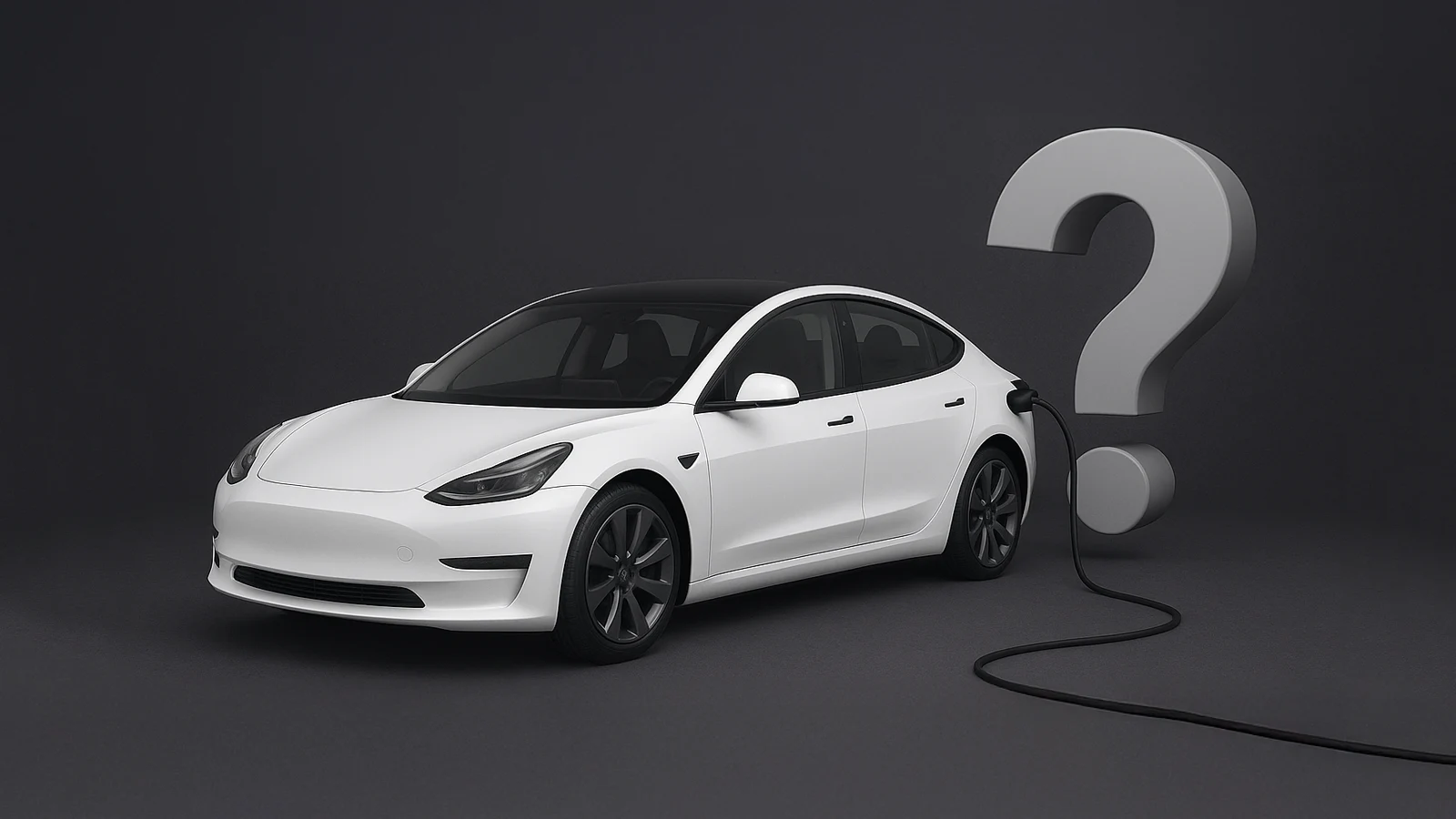19 August 2025

Summary
There is a lot of talk around EV charging. Some of it is useful, but a lot of it is misleading. Whether you already own an EV or you are still thinking about making the switch, it is easy to come across myths that can cause confusion or even put you off. In this guide we separate fact from fiction and give you the truth about EV charging.
Fact: Charging times depend on your charger and your vehicle, but it is usually much quicker than people think.
For homes that can support it, a 22kW charger is even faster. Charging is designed to fit neatly into your routine rather than disrupt it.
Fact: Both EV chargers and vehicles are designed to be used safely in all weathers. They are tested to withstand rain, frost, and even heavy snow. Built-in safety mechanisms stop faults if water is present. Charging in the rain is completely safe as long as you are using a certified charger.
Fact: A household plug can work in an emergency but it is not suitable for regular use. Charging is very slow and there are safety concerns if it is relied on daily. A proper wall charger is faster, compliant with electrical regulations, and much safer for your home.
Fact: EVs come with advanced battery management systems that carefully regulate charging. These systems control temperature, monitor cell health, and manage charging speeds. Regular home charging is completely safe and in many cases healthier for the battery than frequent use of ultra-fast public chargers.
Fact: There are clear differences between chargers. Some are tethered, others untethered. Smart chargers can connect with apps, monitor energy use, and link with off-peak tariffs or solar panels. Safety features also vary, such as PEN fault detection which avoids the need for extra earth rods. The right charger choice can improve convenience, safety, and long-term value.
Fact: In most cases EV charging is cheaper than filling up with petrol or diesel. Smart tariffs make it even more cost effective by lowering the price of electricity overnight. Combined with rising fossil fuel costs, home charging usually delivers significant savings per mile while also reducing emissions. Check some of our recent blog posts for more information on how much it can cost to charge your EV.
Still unsure about how EV charging works? The waEV-charge team is here to explain the process in simple terms so you know exactly what to expect.
Get your tailored, no-obligation quote today and let us help you choose the smartest and most cost-effective EV charging solution for your home or business.
This article was written by the waEV-charge Team. waEV-charge specialises in installing and manufacturing EV chargers for both home and commercial use in the UK. If you're interested in electric car chargers, click here to discover more about our products.